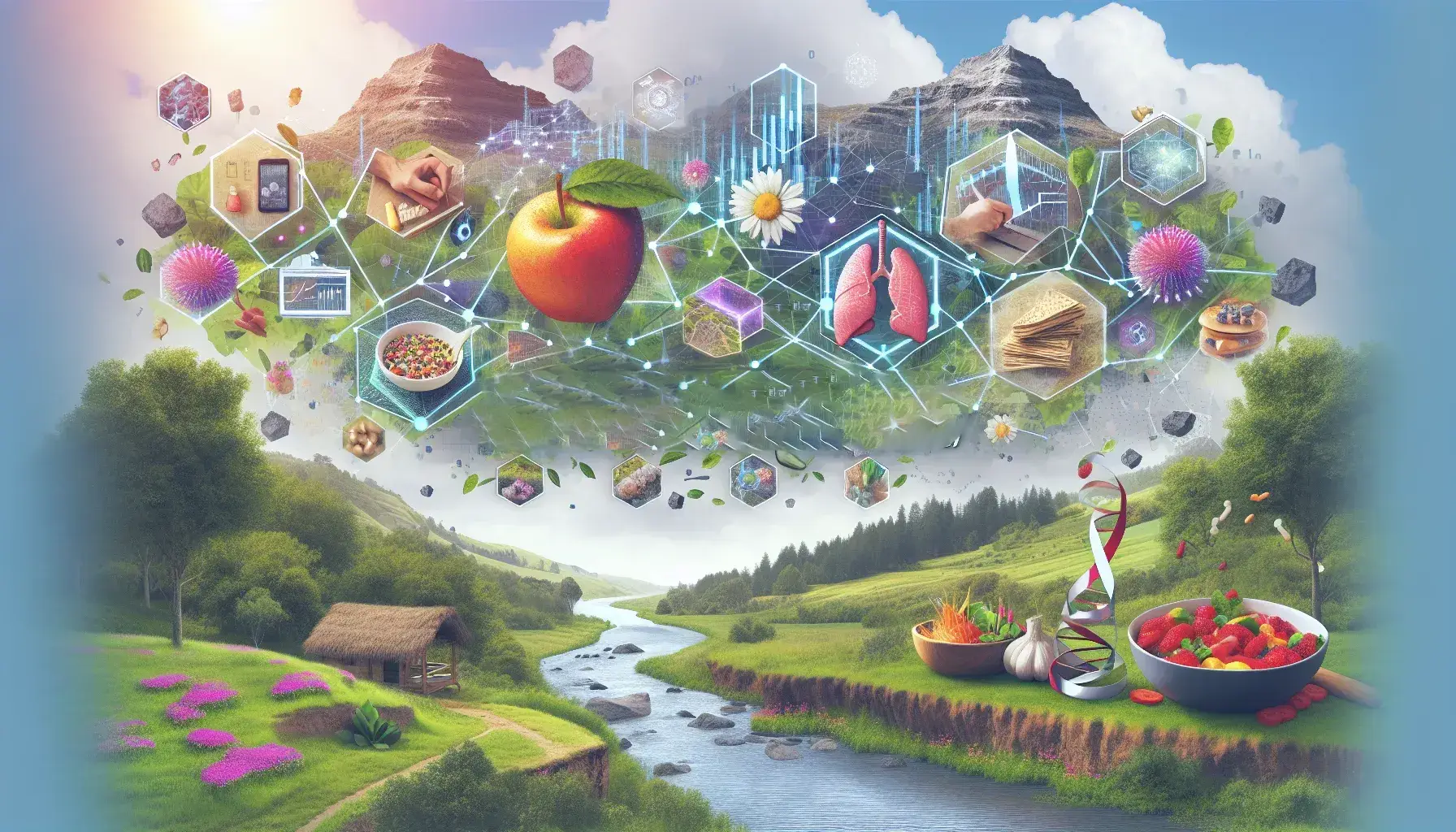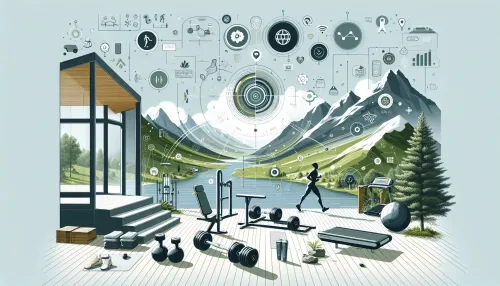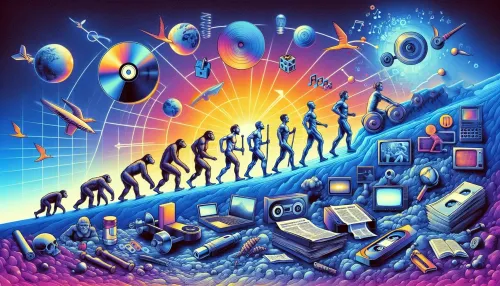Redefining Dietetics in the Digital Age: Tomorrows Technology in Nutritional Science

In an era where technology permeates every aspect of our lives, dietetics is undergoing a transformation that promises to reshape how we approach our nutritional health. The Peppino Blog invites its health-conscious readers to explore the innovative and tech-driven future of dietary science. From personalized nutrition plans based on genetic makeup to augmented reality food experiences, let's uncover how tomorrow's technology is becoming an integral part of today's nutritional science.
Nutrigenomics, a revolutionary field at the intersection of genomics and nutrition, is steering us towards a future where generic diet plans are a thing of the past.
Nutrigenomics: Customizing Diet Plans with Genetics
By identifying genetic variants, nutrigenomics can predict how someone might respond to certain foods and nutrients. With this insight, dieticians and nutritionists are able to tailor diet plans that not only complement your genetic profile but also help prevent or manage genetically predisposed conditions. Incorporating nutrigenomics into mainstream dietetics could mean that the advice you read on Peppino Blog may soon be customizable to your very own DNA blueprint.
The complex ecosystem of microbes that resides in our guts plays a crucial role in digestion, immunity, and even mental health. Microbiome mapping, the analysis of these microorganisms, has unlocked new possibilities in personalizing digestive health solutions. By understanding an individual's microbiome composition, experts can now make specific dietary recommendations to enhance gut health.
Microbiome Mapping: Enhancing Digestive Health
Augmented reality (AR) and virtual reality (VR) technologies are reimagining how we experience eating. Through AR/VR-enabled devices and apps, one can simulate dining experiences that could alter perceptions of taste and portion size, leading to healthier eating behaviors.
The Peppino Blog sees these immersive technologies as more than just passing trends; they are potential tools for managing food cravings or adjusting eating habits. For example, imagine using AR to visualize portion sizes accurately or VR experiences that make healthy foods more appealing. These technological interventions provide exciting prospects for dietitians looking for innovative ways to promote healthy eating practices.
Augmented Reality and Virtual Reality in Nutrition
Artificial intelligence (AI) is setting the stage for smart supplementation a method involving AI systems that analyze various data points to recommend precise nutrient combinations for optimal health. By tracking dietary intake, physical activity, sleep patterns, and other lifestyle factors, these AI-powered systems can suggest specific vitamins and supplements in real-time.
Technology doesn't just inform us; it influences our decisions and habits, including our food choices. Digital platforms play a massive role in shaping dietary behaviors by offering convenience through meal delivery apps or inspiration via cooking blogs like Peppino Blog.
Smart Supplementation: AI in Nutrient Management
Tech also empowers consumers through apps that track calorie intake or suggest meal plans based on health goals. As technology evolves, expect more intelligent features designed to nudge users toward healthier food selections subtly. Additionally, social media platforms contribute by fostering communities where individuals can share experiences and motivate each other toward better-eating habits.
The Impact of Technology on Food Choices
In a world demanding transparency about food sources and quality, blockchain is poised to revolutionize food traceability. This technology enables a secure and immutable ledger system that tracks every step of a food item's journey from farm production methods to nutrient retention during transport.
As technology entwines itself further into nutrition science's fabric, it opens up a world where tailored diets based on genetic markers become standard; where we wield tech as a guide for informed food choices; where each bite we take is backed by data-driven insights ensuring our greatest health potential is reached. The digital age brings promise not just for convenience but also for unprecedented customization in our pursuit of wellness an evolution worth embracing as we stride towards more informed nutritional futures.
Frequently Asked Questions
Nutrigenomics is a field that combines genomics and nutrition to create personalized diet plans based on an individual's genetic makeup. By identifying genetic variants, dietitians can tailor recommendations that help manage or prevent conditions linked to genetics, moving away from generic dietary advice.
Microbiome mapping analyzes the microorganisms in our gut, providing insights into individual digestive health. By understanding the unique composition of a person's microbiome, nutrition experts can make specific dietary recommendations that enhance gut health, improving digestion and overall well-being.
Augmented reality (AR) enhances dietary practices by creating immersive eating experiences. AR technologies can help users visualize portion sizes and make healthy foods more appealing, potentially leading to better eating habits and healthier food choices through engaging simulations.
Check Out These Related Articles

Revolutionizing Fitness Regimens with Smart Gym Equipment

The Future is Now: Anticipating the Next Wave of AI Innovations in Health and Fitness

Harnessing Wearable Tech Data for Personalized Fitness Regimens
